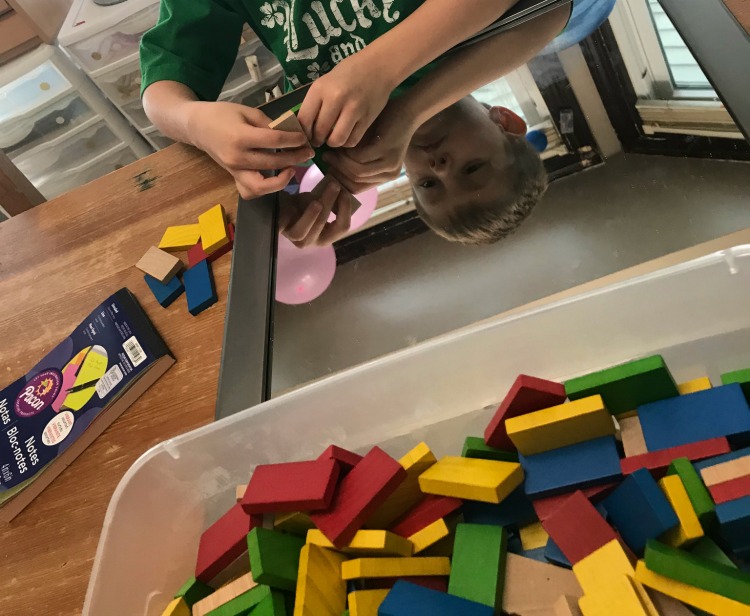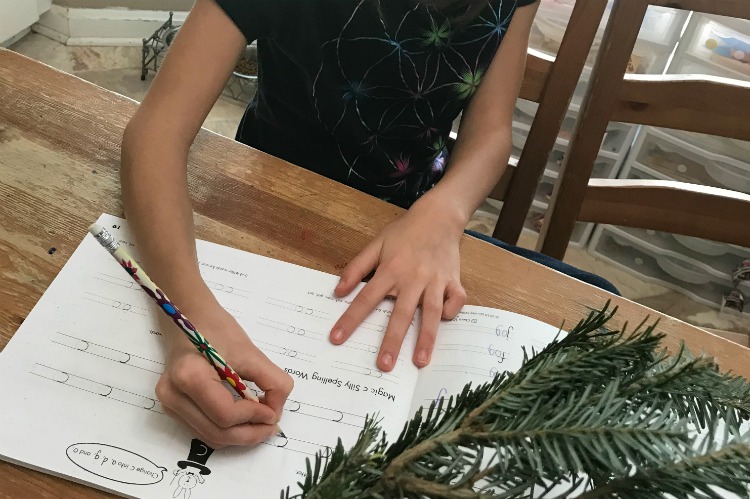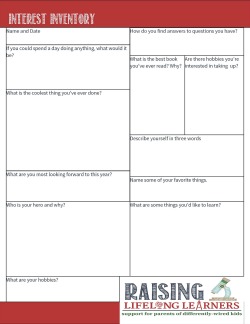Is Homeschooling Ruining Your Neurodiverse Child?
The laptop was fired up, art tutorial queued, four canvases and easels stood in their places on the table, and soft music played on the bluetooth speaker in the kitchen. I set out some snacks — everything was always more fun with pretzels, veggie sticks, and hummus.
It was perfect.
We’d been watching a bunch of documentaries and had read several books about Ancient Egypt, and the kids were loving this unit study. It was the first time in awhile all three of the big ones were on the same page when it came to a topic of study. The big guy even joined in a bit as ancient history had been a favorite memory from back when we first started homeschooling. He and then-toddler sister would play “mummy” and wrap their dolls in toilet paper and send them to the gods with all they needed on the other side — pets, food, clothing, and even loved ones.
I couldn’t wait to dive into this art project with them all. (That fourth easel was mine…)
“Hey guys! Come in the kitchen for a project!”
This was going to be such a fun afternoon.
But nobody came…
So I called again. And again. And AGAIN.
Finally, I yelled at everyone to just get their tushes in the kitchen. And they came in, grumbling. My six year old’s eyes lit up — snacks and art? She was in heaven. The eight year old, whom I had been sure would be on board, sighed. “Mom, I’m in the middle of writing a play right now. Can we do this later?” The three year old ran straight past me, grabbed a handful of pretzels, and knocked over an easel, toppling the rinse water.
And then the thirteen year old came in, rolled his eyes, and huffed, “What do you need? I’m working on a new magic trick.”
I said something I’m not proud of, and sent them all away, except the six year old who wanted to paint, and the three year old who had some cleaning to do before he skipped off to resume his epic Hero Factory battle in the family room.
I cleaned up all but one easel and some paint, started the tutorial, and brewed another pot of coffee. What’s the point, anyway? I thought to myself.
The Challenge Of Homeschooling A Neurodiverse Child
Most homeschooling books and websites tell you that you have to have a plan. You need a solid curriculum and a set schedule with rules in place, and consequences for those not following the rules. In order to be successful at this homeschooling gig, you need to have everything ironed out and at the ready.
It’s such an appealing vision. Having a plan and set curriculum to follow makes for a comfortable and predictable homeschool, with a proven track-record.
Here’s the thing — every time I make huge plans, pull out big projects, or try a new curriculum, imposing a set plan and schedule, I send our peaceful homeschool right down the toilet. We all end up at odds with one another.
Here’s why.
I have differently-wired, neurodiverse kids.
Differently-wired kids need a differently-wired education. They don’t think or process things in the same way as their neurotypical counterparts.
It’s not a better way of processing.
It’s not a worse way of processing.
It’s just different.
My kids run all over the spectrums of giftedness, sensory processing, and anxiety — with a few other “letters” thrown in there for good measure. When a kiddo is in the middle of an anxiety attack, it doesn’t matter to her that the schedule says it’s time for math. She’s not safe at that moment. The world presents a very real threat to her, right then and there, and it’s up to me — mom of that sweet, but different kiddo — to recognize that, make sure the little water-spiller from above (who is now six!) is involved in an activity and the big two (now 16 and 11) can keep an eye on him and the new puppy so I can help our sweet worrier know that she’s safe and loved and that I’m there.
Hearts trump academics every single time.
The heart tells us that meltdowns are cries for help. That snark is a teen’s uncertainty over his place in his world and a way to exercise autonomy. And that sometimes you need to throw the books aside and go for a hike.
We fear, though. Scrolling through Instagram or our Facebook feeds, we see all the great things others are doing. We see the beautifully laid out unit studies, the kids bent over their workbooks with candles and a bowl of dried fruit and nuts between them while the sun filters in through the big windows. And we doubt that we’ll ever have graduation-ready kids.
I’m here to assure you that you will.
Homeschooling works when we don’t get in our own (or our kids’) way.
Neurodiverse Children Need A Different Approach To Learning
There are some families that are raising amazingly brilliant kiddos who really love scopes and sequences and checking boxes. We’re not one of them.
Okay… that’s not entirely true. One of my kids absolutely loves being told what to learn on what day. She asked me, very specifically, if I would sign her up for an online program that she had tried when she was little for a few months when I needed the extra help and accountability. I did, and she started today, happily going through several subjects and taking end-of-unit quizzes to “test out” of all the material she knew, reporting to me at the end of the day that she’s actually further along than she’d realized. She’s kind of scary-smart, that one, and I don’t like messing with her because she frightens this scattered mom sometimes with her efficiency.
The other kids, though, love rabbit trails. They adore diving deep into a subject, sometimes for days, sometimes for months, and learning until they’ve grown tired of it, then moving on to another subject.
When I try to force my differently-wired kiddos into a box that’s wrong for them, we all suffer. Them most of all.
I send them the message that the way they learn isn’t good enough.
That there’s something wrong with them.
That they need to be fixed.
And I start to chip away at their confidence and love of learning.
During these times — because they do happen from time to time when I force the learning — I try to step back.
And I remind myself of a very important truth…
I’m not homeschooling for anyone else’s kids but mine…
…and neither are you.
When we start homeschooling the way we see others do across social media, we ruin our own homeschool and kill our kids’ love of learning.
We risk ruining those very kiddos we love more than anything.
We pit ourselves against our kids, causing resentment (both ways), frustration, and the doubt grows and festers. Listen, there is always going to be doubt, friend. We’re doing a huge thing. Homeschooling differently-wired kids is a big, big job.
But we have to do it in a way that’s right for our differently-wired kiddos. Not the neighbor’s. Not your favorite blogger’s. Not the amazing mom who seems to have it all together (she doesn’t) at co-op’s.
Our own kids are the only kids that matter in our homeschooling world.
What do we do, then, in our homeschools?
Give up.
Quit it all.
For. Real.
Not the homeschooling, my friend (did I scare you?), but the comparisons. The lies we’re telling ourselves. The urge to do what the other homeschooling mama on Instagram is doing with her kids.
The desire to be someone you’re not.
The compulsion to make your kids learn in way that’s counter to their brain-wiring.
Give up on the myth that there is a perfect homeschool. Or a single best curriculum. Or one way to do this crazy thing.
And enjoy the freedom it brings to you and your kiddos.
Sign up to download our free Child Interest Inventory so you can find out what your kiddo loves and you won’t miss a post.






